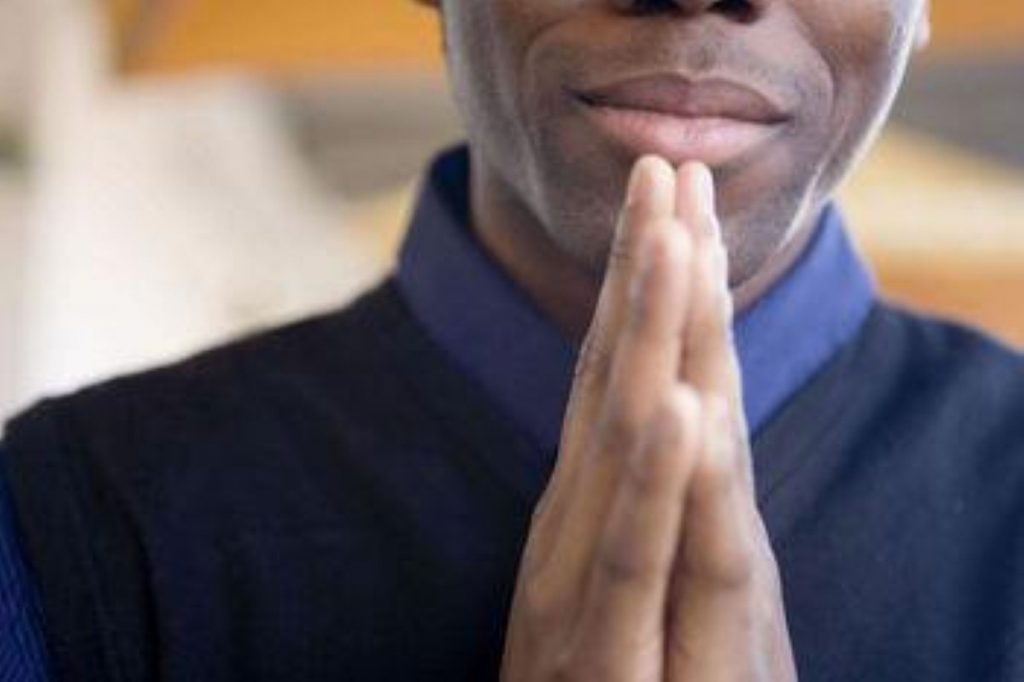Devon council prayers ‘unlawful’
By Oliver Hotham
Bideford town council acted illegally by conducting prayers before meetings, the high court has ruled.
The National Secular Society (NSS), which brought the case, argued the practice breached human rights rules over an individual's right to freedom of conscience and their right not to face discrimination.
Although the court rejected these claims it ruled that the ritual was not lawful under Local Government Act 1972.


The decision will apply to the formal meetings of all councils in England and Wales – the majority of which, it is believed, conduct prayers.
In a statement on the victory, Keith Porteous Wood, executive director of the NSS, said: "Acts of worship in council meetings are key to the separation of religion from politics, so we're very pleased with the judgement, and the clear secular message it sends – particularly the statement made about the 1972 Act.
"We believe that council meetings should be conducted in a manner equally welcoming to all councillors, regardless of their religious beliefs, or indeed, lack of belief."
The NSS argued that prayers have caused problems in the conduct of councils around the country. It cited an instance in which Portsmouth council allowed a Muslim imam to say a prayer, prompting a Christian councillor to walk out in anger.
The ruling has attracted heavy criticism. Christian Institute spokesman Simon Calvert accused the NSS of wanting "to drive Christianity out of public life".
"We welcome the finding that the saying of prayers isn't discriminatory, or a breach of equality laws, or human rights laws," he said.
"But it is extraordinary to rule that councils have no lawful authority to choose, if they so wish, to start their formal meetings with prayers. That is simply wrong.
"The logic of the ruling is that councils would also be going beyond the law if they took a vote and decided to start each formal council meeting with the national anthem."
Bideford council had argued that it had a democratic right to conduct prayers having voted in favour of the practice, and are requesting permission to appeal.









